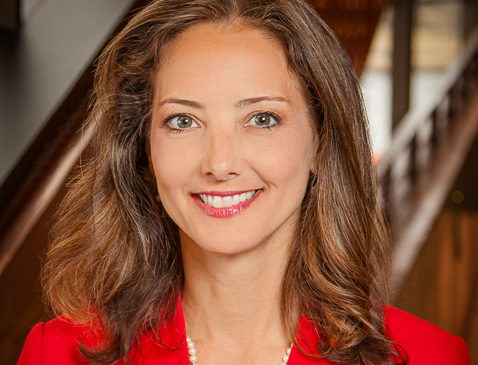Tovo considers changes and challenges after 11 years on Council
Wednesday, December 28, 2022 by
Chad Swiatecki After more than a decade on Austin City Council, Kathie Tovo’s view on the nature of elected life is that plenty of day-one priorities and worries for new Council members are likely to remain top concerns for years to come.
Take housing availability and homelessness, for example. Tovo thinks back to when these two hot-button issues were emerging and starting to demand attention from her and some of her Council colleagues after her election in 2011. At the time, the city was still under an at-large Council system. Tovo and then-Council members Sheryl Cole and Chris Riley had noticed the increase in unhoused populations downtown and elsewhere and began having some of the first discussions about the need for permanent supportive housing.
“The Downtown Austin Alliance had done a study looking at how individuals who are experiencing homelessness who are cycling in and out of the justice system … how many financial resources were being spent on those individuals, and done a cost analysis to show how much benefit it would be housing those individuals,” Tovo said. “It was really challenging getting that to have a broader focus at the time, and I think where it became an issue that the whole Council became involved in is when there started to be conversations from a criminal justice perspective about camping solicitation and sit/lie.”
On housing, Tovo is proud of the progress made on density bonus programs, passing multiple affordable housing bonds and identifying city land that could be used for housing construction.
“It was really clear that affordable housing was a need and that we had areas that were really rapidly gentrifying, not just on the east side, but also in the central city, and that there was just a real need for a focus on affordable housing,” she said. “I was not running to be a rubber stamp for the development community, the big developers, or the big moneyed interests. I committed and have kept my eye really closely on the priorities of everyday Austinites, and especially, again, those who have the fewest resources and the most obstacles to really thriving in Austin.”
With Tovo barred from reelection due to term limits – newcomer Zo Qadri will take the District 9 seat in January – she had hired a treasurer and considered a run for mayor but never moved into the fundraising phase after researching the other likely entrants into the race that was won by former Mayor Kirk Watson.
In her immediate future, she is in talks to teach at the University of Texas next year and will explore some writing projects while also eyeing a mayoral run in 2024.
With downtown having “exploded in growth” over the past 11 years, Tovo said she’s glad Council and the city have become more intentional about acknowledging and preserving the heritage of communities around the Palm School and the Rainey Street district. Placemaking elements and enhancements to Emma S. Barrientos Mexican American Cultural Center have taken place in tandem with condominium towers and hotels that have moved in and transformed the area.
Because she was elected first under the at-large system and then twice under the 10-1 district-based system, Tovo said she’s seen the positive effects of having Council members who are tied directly into the communities and neighborhoods they represent.
“People had really anticipated that residents would feel more connected with their government under a system of geographic representation and I think that’s absolutely true. Many more people know who their Council member is, they feel more comfortable picking up the phone and calling and engaging with their Council member,” she said. “There’s much more opportunity to be connected with local organizations and it certainly shifted the way people campaigned. Because the first time I ran, I barely knocked on doors because I was running at-large.”
One drawback to that change, she said, is that it can be challenging for Council members to look beyond the needs of their district.
“There’s going to always be an inherent need to make sure that we’re electing people who understand that, while they represent a particular district, they need to care about the whole city. And we can’t allocate resources based on districts. We really need to be driven by equity, by what are the areas with the highest needs for those resources.”
The Austin Monitor’s work is made possible by donations from the community. Though our reporting covers donors from time to time, we are careful to keep business and editorial efforts separate while maintaining transparency. A complete list of donors is available here, and our code of ethics is explained here.
You're a community leader
And we’re honored you look to us for serious, in-depth news. You know a strong community needs local and dedicated watchdog reporting. We’re here for you and that won’t change. Now will you take the powerful next step and support our nonprofit news organization?







